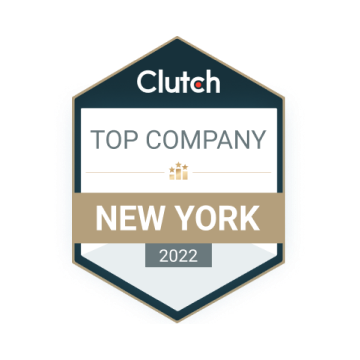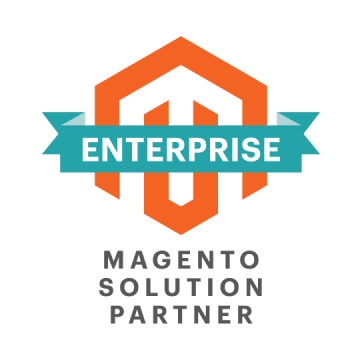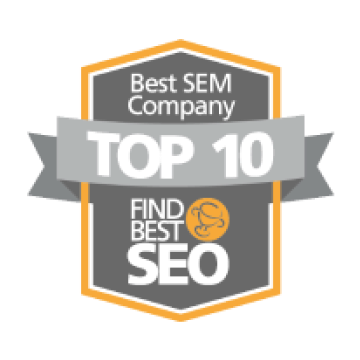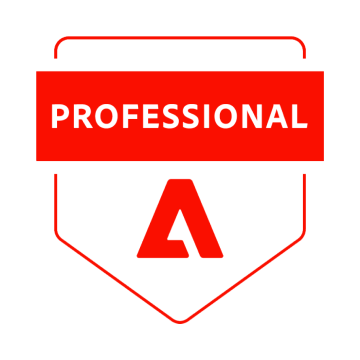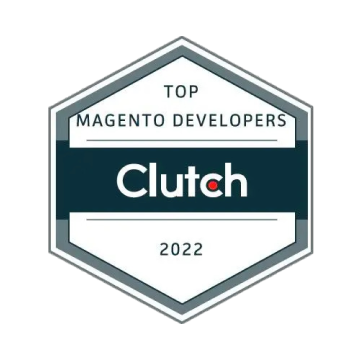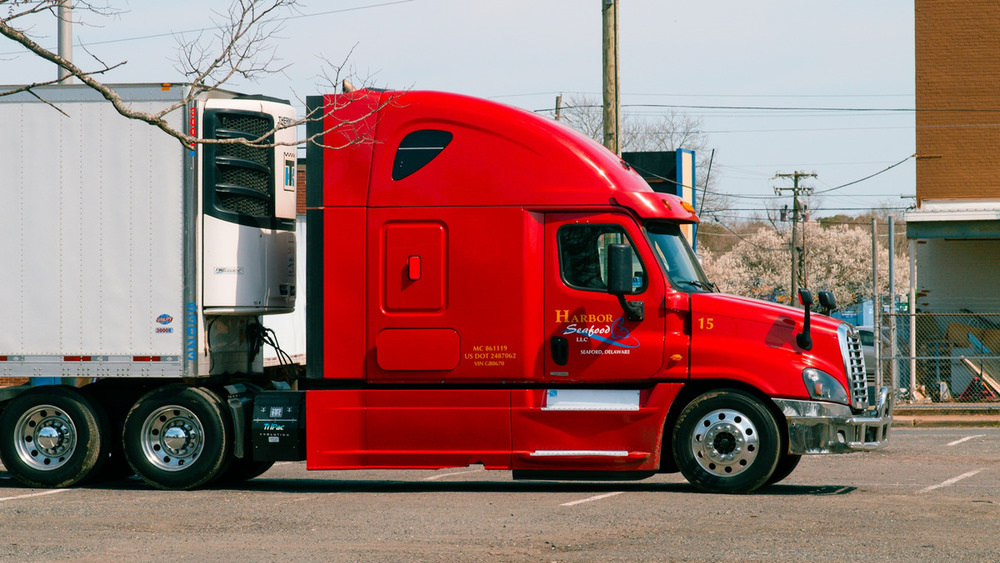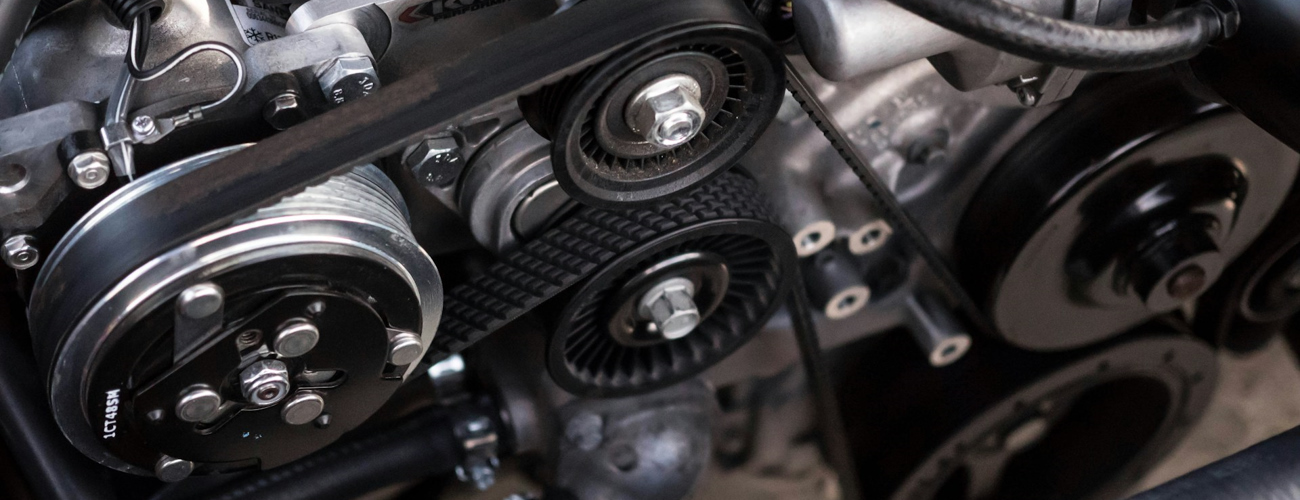Corporate IT Solutions
Energy companies run complex, asset-heavy operations where minutes matter. Corporate IT has to connect OT systems (SCADA, DCS, meters), field crews, trading desks, and compliance into one dependable backbone. We help you modernize legacy applications, unify data across ERP/CMMS/SCADA, and build cloud-ready platforms that support real-time decisions at the wellhead, plant, and grid edge.

Our Offerings
OT/IT Integration & Edge Connectivity
Unify SCADA, DCS, and PLC data with enterprise apps so operations and business teams see the same truth. We connect historians and real-time telemetry via OPC UA/MQTT, standardize tags, and publish clean topics through an API gateway. The result is a reliable path from sensors to ERP/BI with clear data ownership, buffering for low-bandwidth sites, and audit-ready lineage.
Enterprise Data Platform (Time-Series + Lakehouse)
Stand up a lakehouse that can ingest time-series, batch ERP, and market data in one place. We build curated layers (raw → refined → analytics), add CDC from ERP/CMMS, and expose governed datasets for BI and data science. Expect faster root-cause analysis, consistent KPIs across sites, and a foundation for production optimization and forecasting.
Asset Performance & Predictive Maintenance
Combine work orders, vibration/temperature streams, and failure history to predict risk and cost of downtime. We deliver feature pipelines, model retraining jobs, and alerting tied to CMMS/EAM. Maintenance planners get lead-time on failures, spare-parts visibility, and a clear link between model outputs and scheduled work.
Trading, Scheduling & Risk (ETRM/CTRM Integration)
Connect production, nominations, and market data to your ETRM so front-, mid-, and back-office work from the same positions and exposures. We build adapters, validate reference data, and automate settlements and P&L explains. That shortens close cycles and reduces operational risk around price feeds and deal capture.
Cybersecurity for OT & Enterprise IT
Harden identity and access across plants and offices with SSO/MFA, least-privilege roles, and network segmentation fit for mixed OT/IT environments. We implement central policy, asset inventories, and continuous monitoring with alert triage tuned to your process control context. Teams gain clear incident playbooks and reduced lateral-movement risk.
Cloud & Hybrid Foundations
Modernize core workloads using a pragmatic mix of on-prem, private, and public cloud. We containerize apps that benefit from elasticity, keep latency-sensitive control systems close to the edge, and add IaC for repeatable environments. This cuts release friction, speeds recovery, and lowers the cost of seasonal scaling.
How We Bring Value To Your Business
We focus on outcomes that matter to energy operations: uptime, safe production, faster reporting, and lower run costs across plants and corporate teams.
1
Higher uptime, faster recovery
We connect OT signals to actionable alerts and playbooks, tie them into CMMS/EAM, and pre-stage spares and work orders around risk windows. Telemetry buffering and edge sync keep sites functional during outages, while standardized incident steps cut MTTR and unplanned downtime.
2
Lower cost to operate
Licenses and vendors are rationalized, repetitive data work is automated, and environments are rebuilt with IaC to prevent configuration drift. Cloud and hybrid spend is governed with autoscaling, rightsizing, and archival tiers so you pay for real demand, not peak assumptions.
3
Trusted data and shared KPIs
A lakehouse with curated layers, lineage, and data quality checks gives operations, finance, and trading one version of the truth. Engineers move from CSV swaps to governed datasets; leaders compare sites apples-to-apples and can run margin, loss, and reliability analyses without manual reconciliation.
4
OT/IT risk reduction that fits the plant
Identity-first controls, network zones, and asset inventories are designed for mixed OT/IT realities. We add continuous monitoring with alert triage tuned to process context, reduce lateral movement paths, and plan patch windows that respect maintenance schedules and safety constraints.
5
Faster compliance and ESG reporting
Emissions, flaring, water, and waste data flow from meters and work orders into documented rules with version history. Compliance teams drill down from filings to the originating tag or job, close reviews faster, and avoid last-minute spreadsheet rebuilds.
6
Quicker time to value
We deliver in small, production-ready increments: integrate a line, validate with crews, then scale. Change management is embedded – training, SOP updates, and handover packets – so corporate IT solutions land cleanly in the field and keep delivering after go-live.
Challenges We Commonly Solve
Energy operations face a predictable set of blockers that slow output, add risk, and hide costs. Here are the ones we address most often – and how we cut through them.
Start by fixing the single biggest bottleneck.
Why Choose WiserBrand
You get a partner that respects plant-floor constraints and corporate priorities, ships in workable increments, and leaves your team fully equipped to run.
1
OT/IT fluency, end to end
We work across SCADA/DCS/PLC, historians, and field telemetry, then connect that data to ERP, CMMS/EAM, and ETRM/CTRM. Tags are standardized, topics are routed via OPC UA/MQTT, and data contracts keep KPIs consistent across sites. The result is faster fault isolation, fewer integration loops, and a clean path from a sensor change to a business decision – exactly what corporate IT solutions in energy must support.
2
Delivery built around impact
Every engagement starts with a ranked backlog tied to uptime, safety, reporting speed, and operating cost. We release in small steps you can deploy at a single unit or site, establish baselines, and run after-action reviews so the effect on MTBF, close cycles, or crew time is clear. Change management is part of the work – SOP updates, job aids, and hands-on sessions – so improvements stick after go-live. A US-based core team plus nearshore engineering keeps velocity high without inflating run rate.
3
Open architecture and real handover
APIs, event streams, and a lakehouse pattern prevent lock-in and make future projects move faster. Everything is codified – IaC for environments, CI/CD pipelines, model registries, and monitoring – as well as documented with runbooks and diagrams your team owns. You keep the repos, the keys, and the knowledge, which lowers long-term risk and makes the next phase of your corporate modernization straightforward.
Cooperation Models
Choose the engagement style that fits your timelines and risk profile. Each option includes a delivery lead, weekly status you can act on, and a complete handover of code, IaC, runbooks, and training materials.
Best for a defined integration, upgrade, or report pack. We agree on scope, acceptance criteria, and stage gates; then deliver in sequenced milestones you can deploy site by site. Work includes technical design, build, testing with plant and office users, cutover planning, and hypercare. Pricing can be fixed-fee by milestone or capped time-and-materials with clear exit points. You get production-ready assets plus a post-implementation review to lock in lessons learned.
Ideal for ongoing roadmaps—OT/IT integration, data platform build-out, or multi-site rollouts. A cross-functional squad (engineering, data, QA, DevOps, product) runs fortnightly sprints with your SMEs. We maintain a prioritized backlog tied to uptime, safety, reporting speed, and unit economics. Governance is lightweight: weekly steering, monthly objectives, and quarterly roadmap resets. Capacity flexes up or down without losing momentum or context.
When you need senior guidance, vendor selection support, or architecture decisions validated. We provide reference architectures, decision memos, cost models, and security and networking patterns fit for mixed OT/IT environments. Typical cadence: monthly workshops plus on-call reviews for designs and major changes. During incidents or cutovers, we join war rooms to de-risk moves and document the path for future repeats. This model keeps your internal teams in the driver’s seat with a seasoned second set of eyes.
Our Experts Team Up With Major Players
Partnering with forward-thinking companies, we deliver digital solutions that empower businesses to reach new heights.
Our Approach
Five clear stages, each producing working assets your team can use right away – across plant operations and corporate IT.
Align on value & scope
We run short, hands-on sessions with operations, maintenance, trading, and finance to pinpoint where uptime, safety, reporting speed, or unit economics can move first. Deliverables: a ranked opportunity backlog, baseline metrics, constraints and approvals, and a phased plan that fits your outage windows and field realities.
Map systems & design the target state
We inventory OT/IT assets (SCADA/DCS/PLC, historians, ERP, CMMS/EAM, ETRM/CTRM), trace data lineage, and capture interface contracts and network paths. Then we draft the reference architecture, event and API specs, and a migration path (often a strangler pattern) that lets you improve without a risky cutover.
Prove it in a pilot
One site, one line, or one workflow. We connect edge collectors (OPC UA/MQTT), build the adapters, stand up curated datasets, and ship the minimal UI or integration crews actually need. Acceptance tests run with supervisors and shift leads; success is judged on MTTR, first-time fix rate, close cycle, or another agreed operational KPI.
Scale, harden, and automate
We roll out across sites with IaC, CI/CD, and observability from sensor to dashboard. Data quality checks, backfill jobs, and incident runbooks are added; access is right-sized; offline sync is tested; and change management covers SOP updates, job aids, and training. Cutovers happen in pre-planned windows with hypercare and clear rollback points.
Handover with playbooks & ongoing support
You get runbooks, diagrams, data contracts, and a RACI that makes ownership obvious across corporate teams and plants. We upskill admins and power users, complete a post-implementation review, and leave a prioritized backlog for the next quarter. If you want momentum to continue, a co-managed product team keeps improvements shipping without losing context.
Case Studies
Our case studies highlight the outcomes we’ve delivered and the approaches that made them possible.
Corporate IT Solutions FAQ
We begin with a short discovery focused on a single bottleneck – often OT/IT data gaps or field work capture. Then we run a pilot at one site or workflow, prove the value, and scale in controlled increments across corporate systems.
Yes. We use OPC UA/MQTT, adapters, and clean API contracts to normalize tags and reference data. That gives operations, finance, and trading one consistent view without ripping out existing platforms.
We use a strangler pattern, feature flags, and preplanned outage windows with tested rollback paths. Edge buffering keeps data flowing during network hiccups so plant work continues while corporate IT solutions are rolled out.
Identity-first access, segmented zones, and a live asset inventory limit lateral movement. Monitoring is tuned to process context so alerts are actionable for energy operations, not noisy.
You do. Repos live in your org, IaC and pipelines are handed over, and runbooks plus training make your team self-sufficient. We can stay on as a co-managed product team or step back once OT/IT integration is stable.
